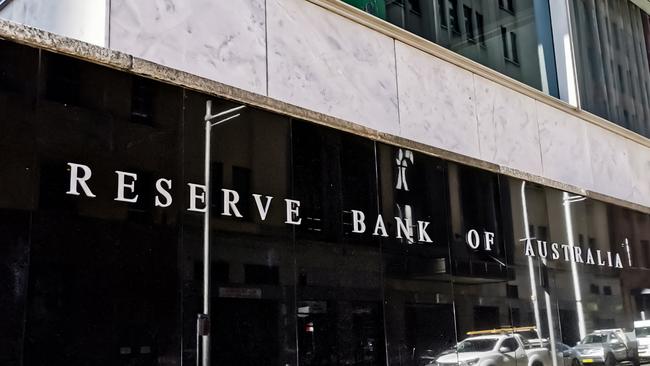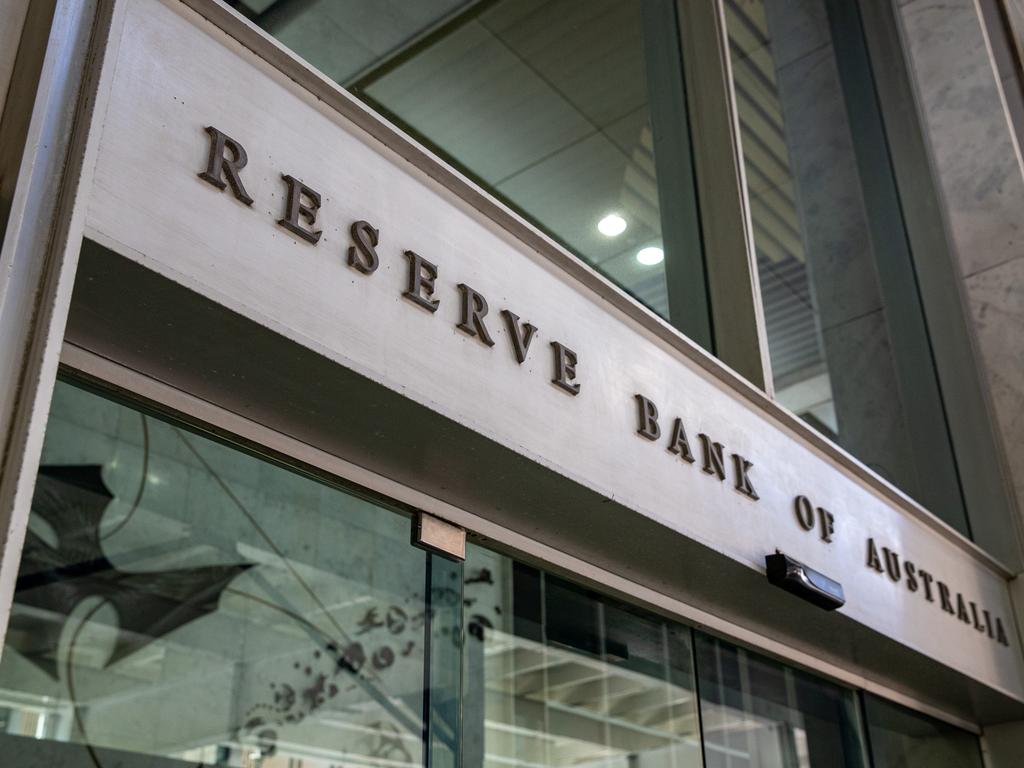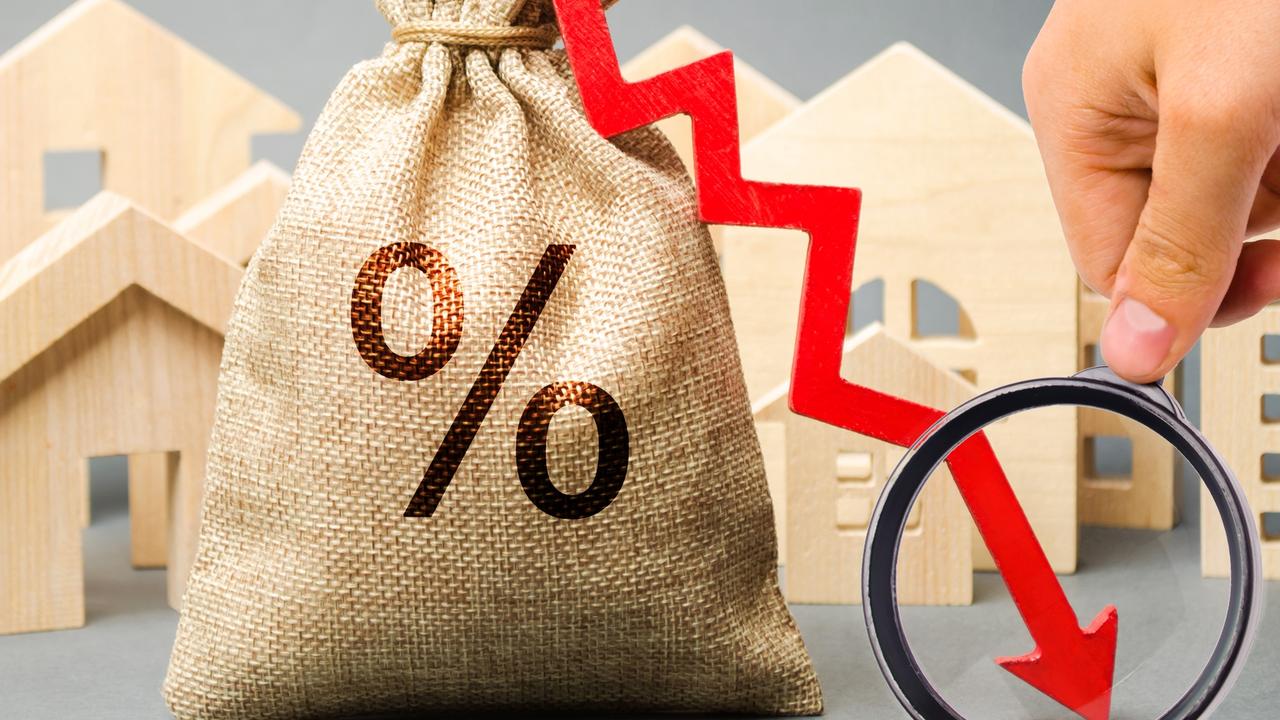Living standards hit in investment and productivity ‘double whammy’
Australia’s most innovative firms are being starved of expansion capital, leading to an investment strike and productivity slide that is shrinking living standards, a new study has found.

Australia’s most innovative firms are being starved of expansion capital, leading to an investment strike and productivity slide that is shrinking living standards, a new study has found.
A Reserve Bank research paper by official Jonathan Hambur and e61 Institute’s Dan Andrews, published on Wednesday, found investment is going to the wrong places because of financing snarls and lack of competition in key markets, leading to a slowdown in national productivity.
In a nutshell, the decline in business dynamism – fewer start-ups and workers changing jobs – is now affecting capital formation, with investment rates declining most among those companies in an industry closest to the global performance frontier.
In simple, back-of-the-envelope calculations, the authors suggest if the flow of labour and capital to more productive firms had not slowed, the economy would have been around $13bn or 0.75 per cent larger in 2017. This equates to about $550 a person, or around $1000 a worker.
Mr Andrews, a former OECD head of structural policy analysis, said the research pinpointed a “double whammy” for investment: we’re doing less with less.
“Leading firms aren’t investing because they don’t have to,” he said. “Yet they are still profitable because the business environment is too cosy. Over the past 15 years, the Australian economy has lost its ability to reallocate scarce resources – capital and labour – to more productive firms.”
The study follows Friday’s five-yearly Productivity Commission review showing a six-decade low in performance and Tuesday’s RBA warning the nation’s woeful productivity growth risked entrenching high inflation.
Jim Chalmers has said he wants to reallocate capital to priority areas, including green energy, manufacturing, defence industries and housing, and has vowed to lift market competition.
Mr Andrews said it was well known business investment had stagnated, “with adverse consequences for labour productivity”.
“But once we dig into the firm-level data, it’s actually far worse,” he said. “The decline in business investment has been disproportionately concentrated in the most productive firms within industries. The corollary is that a greater share of the capital stock is now sunk in low productivity firms, so the productivity of that capital has declined.
“The findings accord with the Treasurer’s broad observation of the need to redeploy capital to priority areas, in this case high productivity firms.
“Capital misallocation has risen most in those sectors where market power has risen, which clearly speaks to the government’s competition policy agenda. But the same is true for those sectors that rely more on external debt financing. This raises questions about the ability of Australian banks to channel capital to productive projects.”
The Business Council said on Monday the nation was facing an “investment drought” and called for a 20 per cent tax break.
The House of Representatives economics committee is inquiring into economic dynamism.
Last week, Australian Competition & Consumer Commission chair Gina Cass-Gottlieb told the committee she was “concerned with a range of competition policy settings”.
Ms Cass-Gottlieb said the current merger regime was “not fit for purpose and is out of step with international best practice” and noted the need for better regulation of digital platforms and essential monopoly infrastructure.
“We seek to use our powers to maximise the benefits that flow from the tremendous positive force of competition,” she said.








To join the conversation, please log in. Don't have an account? Register
Join the conversation, you are commenting as Logout